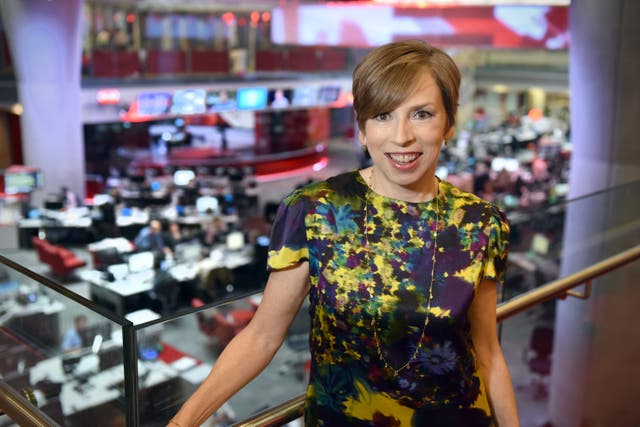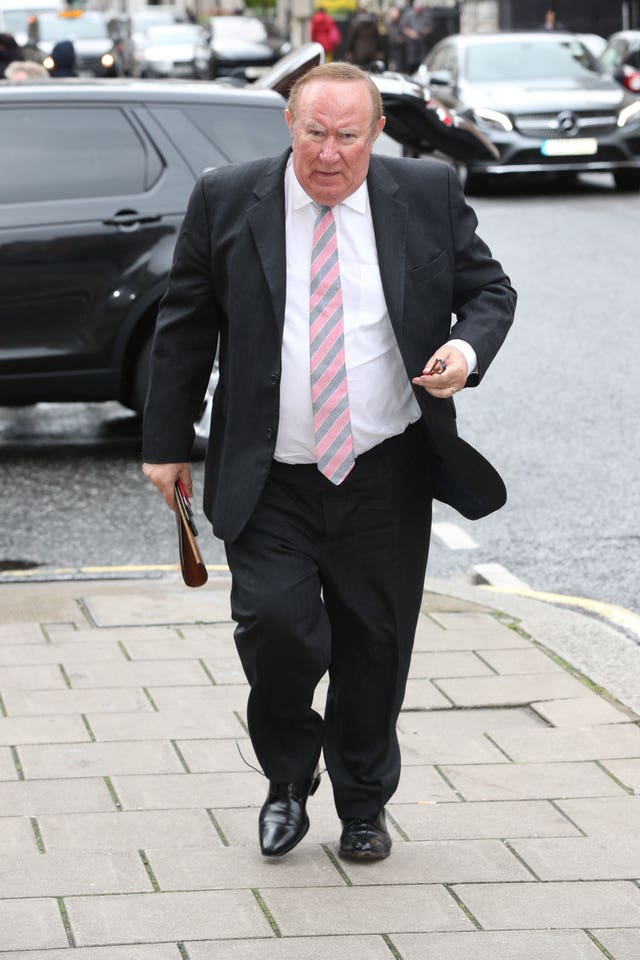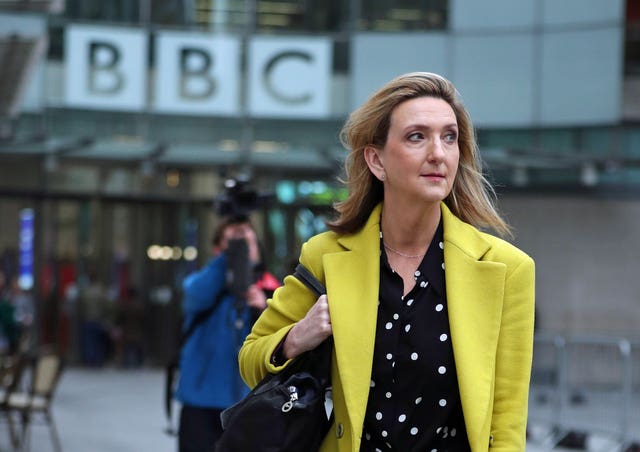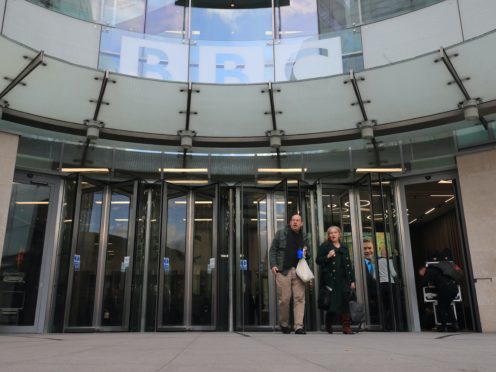The BBC has announced plans to reduce its pool of presenters and make further job cuts in its news division.
The broadcaster, which celebrates its centenary in 2022, will axe around 520 jobs, a further 70 than announced previously as part of plans to “modernise its newsroom”.
The Andrew Neil Show will be removed from the schedule as part of the cuts.
The BBC said the change “addresses the BBC’s worsening financial position and draws on the experiences of operating” during the coronavirus pandemic.
Director of BBC news and current affairs Fran Unsworth said: “During this crisis audiences have turned to BBC News in their millions and I’m incredibly proud of what we, as a team, have been able to achieve.

“But if we don’t make changes, we won’t be sustainable. This crisis has led us to re-evaluate exactly how we operate as an organisation.”
It plans “fewer stories, more targeted and with more impact” while reaching “everyone, every day”.
“For BBC News to thrive, and for us to continue to serve all our audiences, we have to change,” Ms Unsworth added.
The announcement came as The Guardian said it planned to make job cuts in both editorial and commercial positions, as the pandemic created an “unsustainable financial outlook”.
Newspaper group Reach, owner of the Daily Mirror, Daily Express, and the Daily Star, is cutting 550 jobs, Press Gazette said.

BBC plans include having fewer reporters overall, while more correspondents will increasingly be asked to work across a range of content.
It will invest in new community affairs roles around the country, while reducing numbers in London.
The BBC added that “digital is at the heart of our journalism”.
Politics Live, currently airing on Wednesdays only, will return four days a week. More than 100 MPs and peers called on the BBC this month to protect the programme from the axe.
BBC Parliament will “focus on live and as-live coverage of the elected chambers across the UK and produce daily and weekly highlights programmes”.
The BBC said it will “no longer commission most of the other bespoke programmes we currently make for BBC Parliament, although we will continue to draw on our archive to broadcast our popular historical election coverage”.

Changes to business coverage include reducing separate business bulletins on the News Channel and BBC World Service English, and closing In Business on BBC Radio 4.
Across news, the broadcaster said it will use fewer studios and “reduce our pool of presenters”.
The BBC said it was in discussions with Neil about a new interview series on BBC One.
The corporation wants to make savings of £80 million, citing the last licence fee settlement.
It comes as the BBC prepares to end the universal free TV licence for over-75s in August.
The entitlement will be means-tested, with the broadcaster saying that continuing the entitlement for all was unaffordable and would hit “programmes and services”.
Head of union Bectu Philippa Childs said: “The BBC is facing an unprecedented funding crisis which must be urgently addressed by the Government.
“During the pandemic it has responded and provided unparalleled coverage of events….
“BBC News is one of the most trusted brands at home and abroad. In an era of fake news and during an unprecedented health crisis this trust in a public service broadcaster is critical.
“The Government needs to take back responsibility for free licence fees for the over-75s, providing precious resources that would allow BBC News to continue to provide its world-leading range of news broadcasting.”
She added that staff who have “contributed to the BBC being the most trusted and utilised news source in the UK… now face losing their jobs”.
It was previously announced that Newsnight, 5 Live and Today would be affected as part of cost-cutting plans and an effort to reach the young.
Plans to axe Victoria Derbyshire’s BBC Two programme have already been leaked, with the host saying she was “absolutely devastated”.
